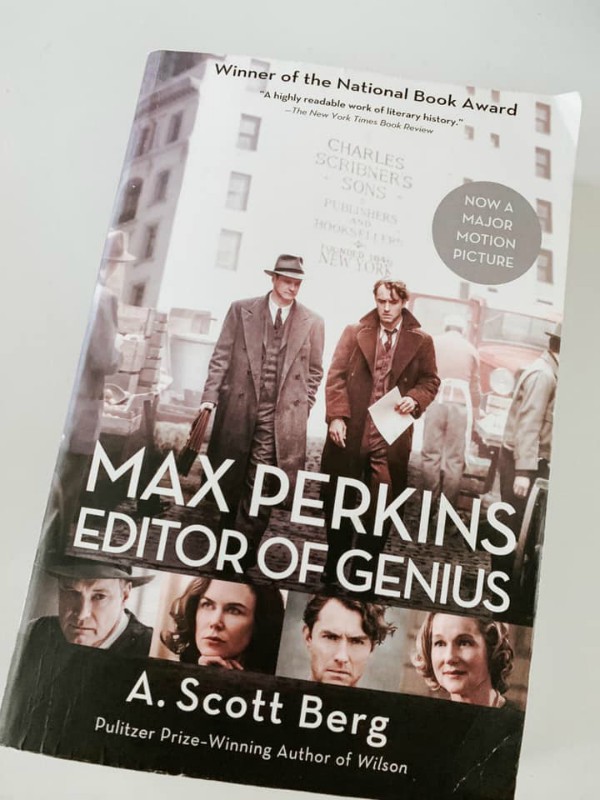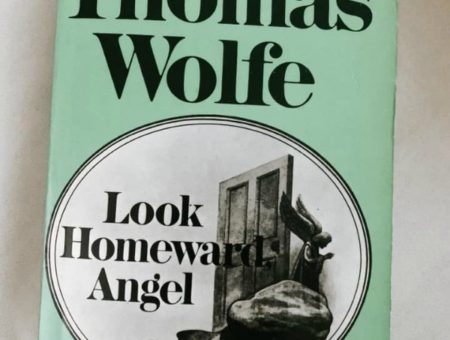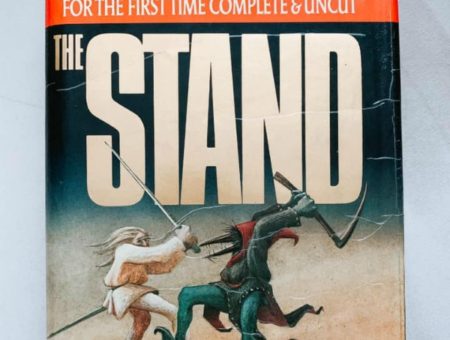Who I speak of is William Maxwell Evarts Perkins, a name most likely unknown to the most of you, just as it was back in his own day. And though unknown to the general public, he was, however, very well known to people who dwelled in the world of books, especially aspiring authors, for he was the quintessential editor at the New York offices of Charles Scribner’s Sons – Publishers and Booksellers.
And up until the time my brother turned me onto the movie Genius, I was totally unaware of the true genius of the man, though I’d heard the name. On watching the movie, I was turned onto the basis of the movie, the book, Max Perkins Editor Of Genius, by A.Scott Berg.

Early in his life, Maxwell had dropped the use of William and he was commonly known as Max to friends and associates. He went to work at Scribners in 1910, spending almost five years as an advertising manager before being promoted up to the editorial floor to apprentice under the tutelage of William Crary Brownwell, Scribners editor-in-chief. He caught on to the craft early, though much of his early work was limited to proofreadeing galleys and other such mundane chores.
It was at this time that a manuscript that had made its way through the halls of Scibners, with little enthusiasm from the editors that read it, was passed on to Perkins. The name of it was The Romantic Egotist, written by a young army lieutenant by the name of F. Scott Fitzgerald.
Perkins was enthused by his discovery of this work, and wrote Fitzgerald, encouraging him to revise the novel after it was initially turned down for publication. The reworked version, however, hit the same editorial brick wall.
At that time, Fitzgerald was discharged from the army, went to New York to work, and actually had a meeting with Perkins, who again suggested a rewrite of the novel.
He later gave up his job, returned home to St. Paul and redrafted is novel, renaming it The Education of a Personage. Though not a revision of the original manuscript, it had some similarities.
That led to the third monthly meeting of the editorial board that the Fitzgerald manuscript would be reviewed. And it had once again been renamed, This Side of Paradise.
That’s when Perkins made his stand. So many works of the post-WWI authors who were veterans were frowned upon by the conservative older editors. The vote on the manuscript ended in a tie, the young editors against the old editors, leaving the tie-breaking vote in the hands of Charles Scribner, which came back as an affirmative after he took the time to think upon it.
Thus, on March 26, 1920, F.Scott Fitzgerald became a published author, beginning his tumultuous career, which included four novels and many short stories, as well as an unfinished fifth novel which was completed by his friend Edmund Wilson, using manuscript notes for the unwritten part of the novel.
Fitzgerald was an occupant of the Jazz Age, the name which he created for that flapper era. Of the four novels he completed, the third one,The Great Gatsby, is considered his magnum opus. But at the time of his death, just twenty years after his first novel’s publication, he was relatively unknown to the general public. If anything, his initial legacy was that of a Jazz Age alcoholic, the disease that killed him.
But Fitzgerald was just the first great author discovered by Maxwell Perkins.
Just six years later, another authors first work, edited by Perkins, was published, Ernest Hemingway’s The Sun Always Rises, the book that introduced the term “the lost generation” into our culture, coined by Hemingway’s friend Gertrude Stein. This book also ran into editorial shock at the use of the four-letter words Hemingway included. At Perkins’ urgings, Hemingway made changes, inserting dashes for letters in obscene words and removing the description of the Spanish fighting bulls “embarrassing appendages”. ‘Twould be interesting to read those lines. I wonder if in later-year editions those lines were included in a more liberal era?
And maybe the most famous of Perkins’ discoveries was Thomas Wolfe, whose first novel Look Homeward Angel became a classic of American literature, written by my hometown hero.
Other great writers that Perkins discovered and edited were Marjorie Rawlings, author of The Yearling, and Taylor Caldwell, who wrote one of my most favorite books of all time, Captains and the Kings.
Maxwell Perkins often had his hands full of the egotistic personalities exhibited by his three main authors, Fitzgerald, Hemingway and Wolfe, the three of them also being heavy drinkers. But what an amazing life and career the man had, and I highly recommend this book as well as the movie, You’ll not be disappointed.





I am not very versed in literature, authors and publishers but this sounds like a very inspirational man. It us fun to learn about people that made such amazing contributions.
I’ve never heard of him, but it sounds like an interesting story! I will have to check it out.
I find it interesting how Perkins gravitated to three men who were heavy drinkers and had egotistic personalities. I’m a fan of The Great Gatsby so I really enjoyed your post!
I haven’t seen the movie or read the book yet. Sounds like a really interesting book too. I’ll have to make sure to watch the movie as well as read the book. I’ve been doing a lot of reading lately.
Based upon what was written, this looks like the movie and book would be one it would be hard to turn away from.
This sounds like an intriguing book. It is nice to learn about some books that are unique and a little different. I will add this to my summer reading list.
Looks like great book I need to read this.